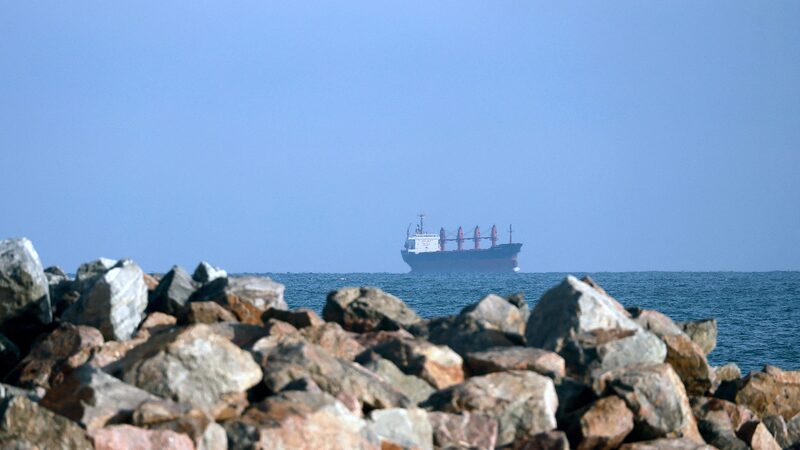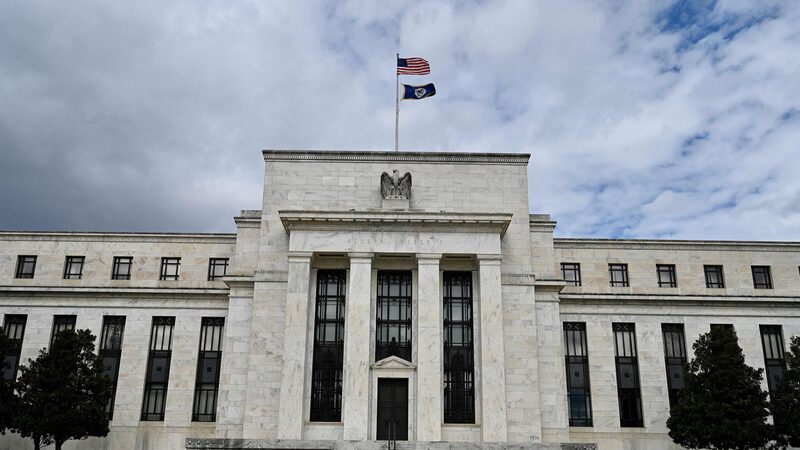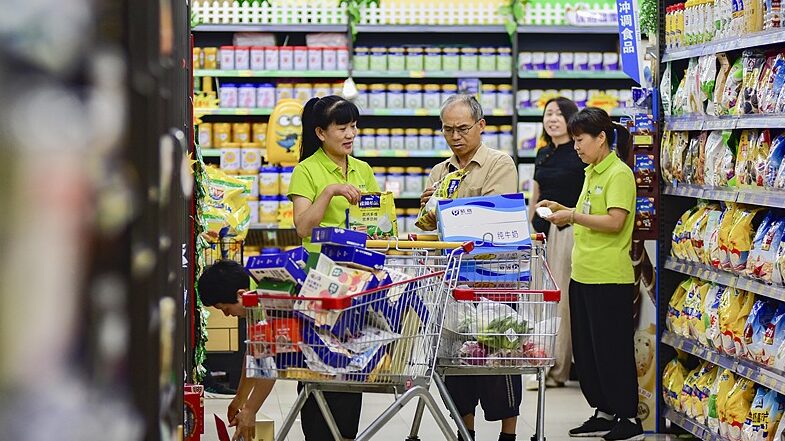The Russia-Ukraine conflict, which has lasted for three years, has significantly influenced both political and economic landscapes globally. Geopolitics is a key factor affecting global commodity prices and trade patterns. As the most severe geopolitical crisis of the 21st century, the Russia-Ukraine conflict has had a far-reaching impact on commodity prices and trade patterns globally.
Its impact on commodity prices shows clear time-based characteristics. In 2022, the year the conflict broke out, the prices of major global commodities fluctuated by more than 50 percent, with some commodities (such as potassium chloride fertilizer) experiencing fluctuations of over 150 percent. Research indicates a positive correlation between commodity price changes and the escalation of the Russia-Ukraine conflict.
From February 24, 2022, to March 30, 2024, each military attack between Russia and Ukraine led to a 7.5 percent increase in natural gas prices in Europe and a 2 percent or so rise in global oil and wheat prices. As the conflict seems to become protracted, market participants' expectations have shifted, and their sensitivity to the war's impact has diminished. As a result, the war's influence on commodity price volatility is weakening. Prices of major commodities have gradually declined, though they remain at relatively high levels compared to pre-conflict prices as the conflict is still ongoing.
Reference(s):
Russia-Ukraine conflict: Transforming global commodity trade dynamics
cgtn.com







